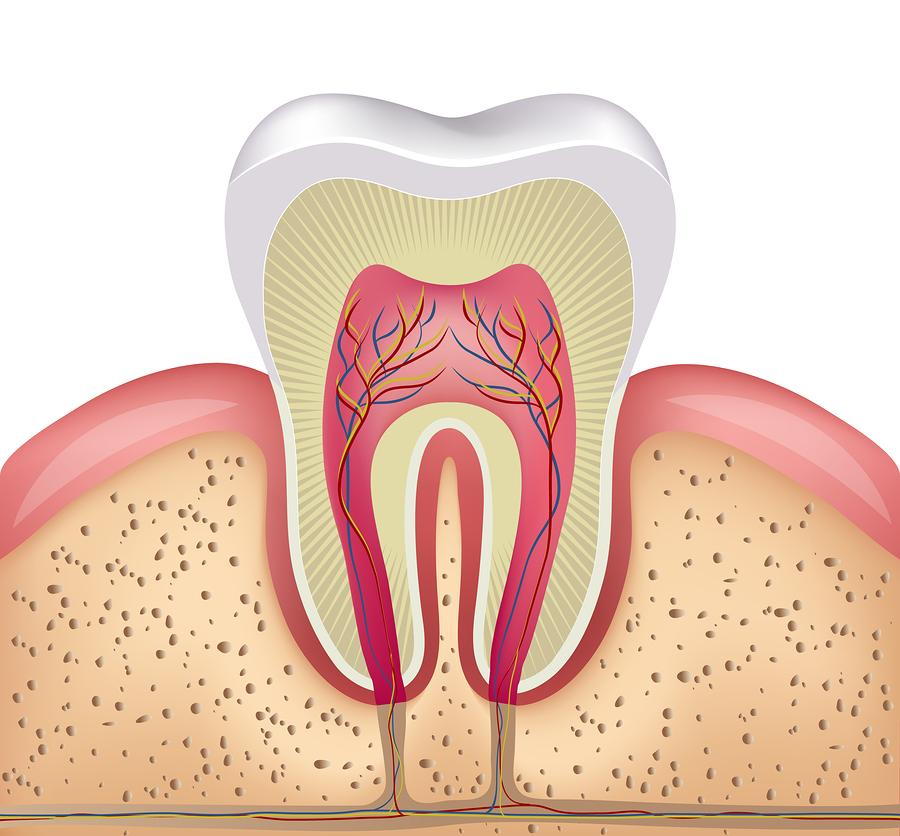Tooth discomfort is not normal and shouldn’t be ignored. If your goal is to save an aching tooth, it's important that you see your dentist for a root canal consultation as soon as possible. Keeping your tooth is much better than having it extracted, and the sooner you get help from a dentist the higher the chances of preventing tooth loss. Know the signs you may need a root canal so that you can seek immediate treatment drom Dr. Michael White in Chehalis, WA.
root canal consultation as soon as possible. Keeping your tooth is much better than having it extracted, and the sooner you get help from a dentist the higher the chances of preventing tooth loss. Know the signs you may need a root canal so that you can seek immediate treatment drom Dr. Michael White in Chehalis, WA.
What Is a Root Canal?
The inside of a tooth is made up of canals that contain sensitive tissue and nerves. When bad bacteria enter these canals it causes irritation, inflammation, infection, and pain. Root canal therapy is a treatment to clear the infected tissue and fill the tooth with a protective substance called gutta percha. Once the tooth is fitted with a permanent crown, it will be protected from future infection and damage.
Root Canal Signs
Unfortunately, some people wait too long to see a dentist when they really need an emergency root canal. If you have any of the following symptoms you should see your Chehalis dentist for an exam and X-rays very soon:
- Intense pain or sensitivity in one tooth.
- Unusual mouth odor that continues after brushing.
- A black spot on a tooth.
- Hesitation to chew food on one side of the mouth.
Importance of Early Treatment
It's not the best idea to wait until symptoms get worse when you think you may need a root canal. This treatment is most effective in the early stages of a tooth infection. If you have dental anxiety, relax knowing that sedation options are available. Think about the relief from pain you’ll finally have after the infection is eliminated.
Make That Appointment Today
Getting a root canal now can help you avoid more dental problems in the future and prevent unnecessary tooth loss. Call (360) 748-0168 today to make an appointment for an exam and treatment with Dr. White at his Chehalis, WA office.





